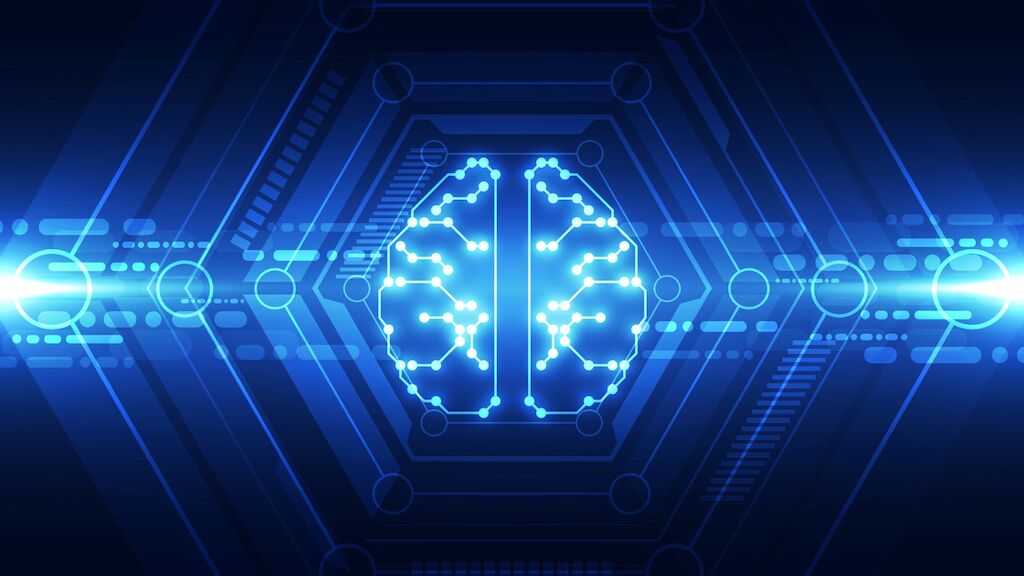The Recommendation, which entered into force on 12 November 2025, establishes safeguards to ensure neurotechnology improves lives without compromising human rights. The decision concludes six years of work closely tied to UNESCO’s ongoing work on the ethics of artificial intelligence. Neurotechnology, widely regarded as the next major technological revolution, has seen investment surge by 700% between 2014 and 2021.
At the UNESCO General Conference held in Samarkand, Uzbekistan in November, member states adopted the world’s first global normative framework on the ethics of neurotechnology, marking a historic step in regulating one of the fastest-growing fields of science and innovation.
Promise and Peril of Neurotechnology
Neurotechnology offers transformative medical applications. Tools that interact directly with the nervous system can measure, stimulate, or modulate brain activity. Deep brain stimulation already alleviates symptoms of depression and Parkinson’s disease, while brain-computer interfaces allow people with disabilities to control prosthetics or communicate through thought.
Yet outside medicine, regulation remains limited. Everyday consumer devices such as connected headbands or headphones collect neural data to track stress, sleep, or heart rate. This sensitive information can reveal emotions and reactions, raising concerns about privacy and consent.
Safeguards and Ethical Concerns
The Recommendation calls on governments to keep neurotechnology inclusive and affordable while protecting vulnerable groups and preserving human dignity. It highlights risks to children and young people, whose developing brains make them particularly susceptible, and advises against non-therapeutic use.
It also warns against workplace applications that monitor productivity or profile employees, stressing the need for explicit consent and transparency. Products that influence behaviour or foster addiction must be subject to stricter regulation, with clear and accessible information provided to consumers.
UK Involvement
The United Kingdom has been a prominent contributor to the development of UNESCO’s new Recommendation on the Ethics of Neurotechnology. The UK National Commission for UNESCO (UKNC), working closely with the Department for Science, Innovation and Technology, coordinated the country’s input and offered extensive guidance through a pro bono Director and expert advisors. As part of this effort, UKNC convened international specialists and oversaw the review of the UK’s formal response to the Recommendation, ensuring the nation’s perspectives were fully represented in the landmark global framework.
Next Steps
UNESCO has long led efforts to regulate science and technology ethically. In 2018, Director-General Audrey Azoulay launched a global initiative on AI ethics, adopted by Member States in 2021, and in the same year commenced an extensive consultation process into the ethics of neurotechnology. Today, UNESCO is helping over 80 countries translate these principles into national law.
UNESCO will assist member states in reviewing policies, developing tailored roadmaps, and strengthening capacities to address the challenges posed by neurotechnology.







